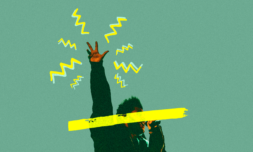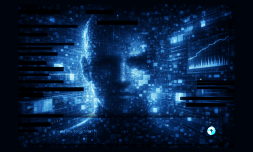A company called Klay Vision is building a ‘Large Music Model’ called KLayMM, which aims to set ethical foundations for AI music generation. Universal Music has partnered and says the ‘next Beatles will play with KLAY.’
After ‘BBL Drizzy’ something needs to change.
Last May, comedian Will Hatcher went viral when Metro Boomin sampled his AI-generated song about Drake having a BBL (Brazilian butt lift). Aubrey refutes the allegations.
This was the first occasion that a major music producer used an AI-generated sample for a mainstream track, that we know of anyway – and therein lies the ‘problem’ with artificial music.
AI music is more convincing than ever
AI-generated music platforms have become so sophisticated already, that deciphering whether you’re listening to the works of computer code or a living artist is trickier than you might expect.
Apps like Suno, Udio, and Google’s MusicFX are able to create original songs based on just a few user prompts in a matter of seconds. Having toyed around with Suno in the office to make ridiculous diss tracks about each other, we can attest that the results usually sound more authentic than uncanny valley.
Defining exactly who owns AI-generated music remains a grey area too. While artists and their record companies may demand AI creations using their likeness to be removed from streaming services or YouTube, cases rarely end up in court.
That’s largely because there’s no established standard for who the buck falls with. Is it the AI developer, the end-user of an application, or the owner of the data used to train the AI? Despite the fact AI music has been around for a few years now, the legalities surrounding who’s property the content is and who can potentially profit are murky at best.
Platforms like YouTube, Spotify, and Apple Music face continuous pressure to denote uses of AI and all have their own flagging systems, but nationwide laws requiring full disclosure are still in draft in the US and Europe with no imminent prospect of passing through congress.
As is the case with many of the industries AI has permeated, use of the technology in music remains ethically dubious at best and frowned upon at worst. Enter Universal and KLAY.




















